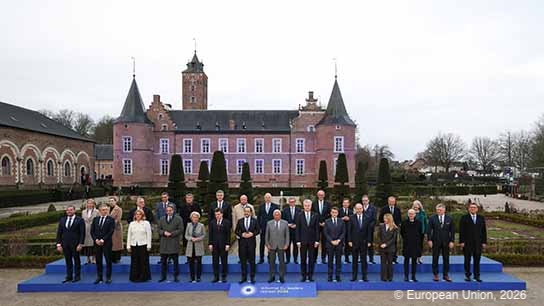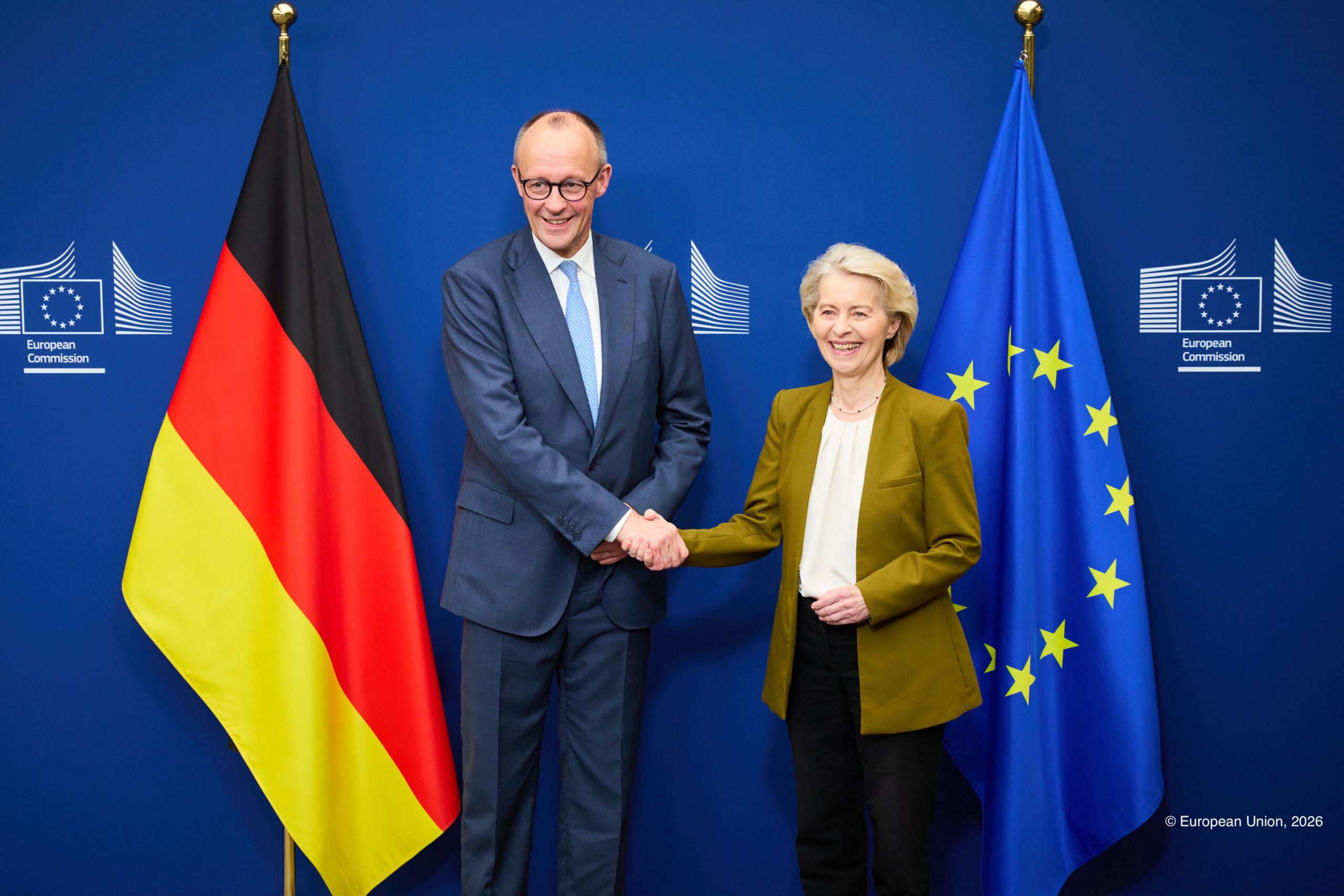The Competitiveness Compass is part of the EU’s next steps in response to Mario Draghi’s report on EU competitiveness, which was published in November 2024. In January 2025, an unpublished response by the Irish government to certain recommendations included in the Draghi report came to light. Although receptive to several recommendations, the government raised concerns about plans to shift the focus towards European companies at the cost of foreign MNCs. The document referenced the “substantial contribution” that multinational firms make to the European economy and the employment opportunities that they provide.
The response, prepared by the Department of Foreign Affairs, conveyed Ireland’s concerns about any potential move away from the EU’s open approach to global trade. The document states that Ireland is “cautious” about language included in the report, which suggests “taking a more selective approach” to trade partners. The response warned of possible retaliatory measures, reduced global growth and damage to markets as consequences of international trade fragmentation that may arise.
Furthermore, the response emphasised Ireland’s “longstanding concerns” regarding the EU’s proposal for “technological sovereignty” which may lead to less innovation, higher prices, reduced investment and damage to the security of European services and infrastructure. The Draghi report recommended that EU companies receive preference in computer chips, defence contracts, space exploration, critical minerals and net zero technologies. The document cautioned that this move could lead to increased prices and reduced availability. However, The EU outlined in the Competitiveness Compass its intention to review public procurement rules to incorporate a European preference for critical sectors and technologies.
Additionally, the document implied that Draghi’s suggestion that foreign companies must enter joint ventures with local companies on strategic green or tech projects risks undermining WTO rules and existing EU obligations. Moreover, the paper expressed apprehension about the extension of EU state aid rules, which “run the risk of creating a costly subsidy race between Member States”, which would favour larger Member States. Overall, the document underpins the government’s commitment to fostering a multinational-friendly environment in Ireland and their recognition of the importance of multinationals to Ireland’s economy and exchequer. The paper urged the EU to take the needs of foreign multinationals into account in future industrial policy.
However, Tánaiste and Minister for Foreign Affairs Simon Harris stated that one of the most effective strategies for helping the EU navigate the challenges posed by Trump’s presidency is to concentrate on the proposals put forward by influential figures like Draghi. He emphasised the need for the EU to focus on competitiveness. Notably, Harris’s ministerial portfolio will now encompass trade.
The Competitiveness Compass
The European Commission published its ‘Competitiveness Compass’ on Wednesday, 29 January. The Commission pledged to focus on the following areas of strategic importance to the EU’s competitiveness in 2025: State aid, start-ups, research, artificial intelligence, life sciences, agriculture, steel, metal, chemicals, cars, defence, trade, water, critical minerals and skills. In addition, a new “28th regime” will be established in 2026 to support innovative European companies. This initiative will be overseen by Irish Commissioner Michael McGrath.

